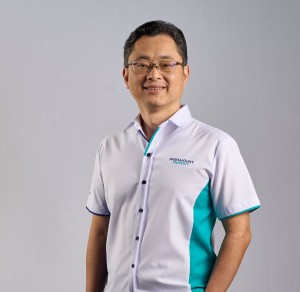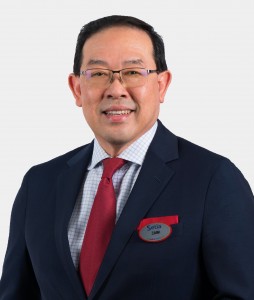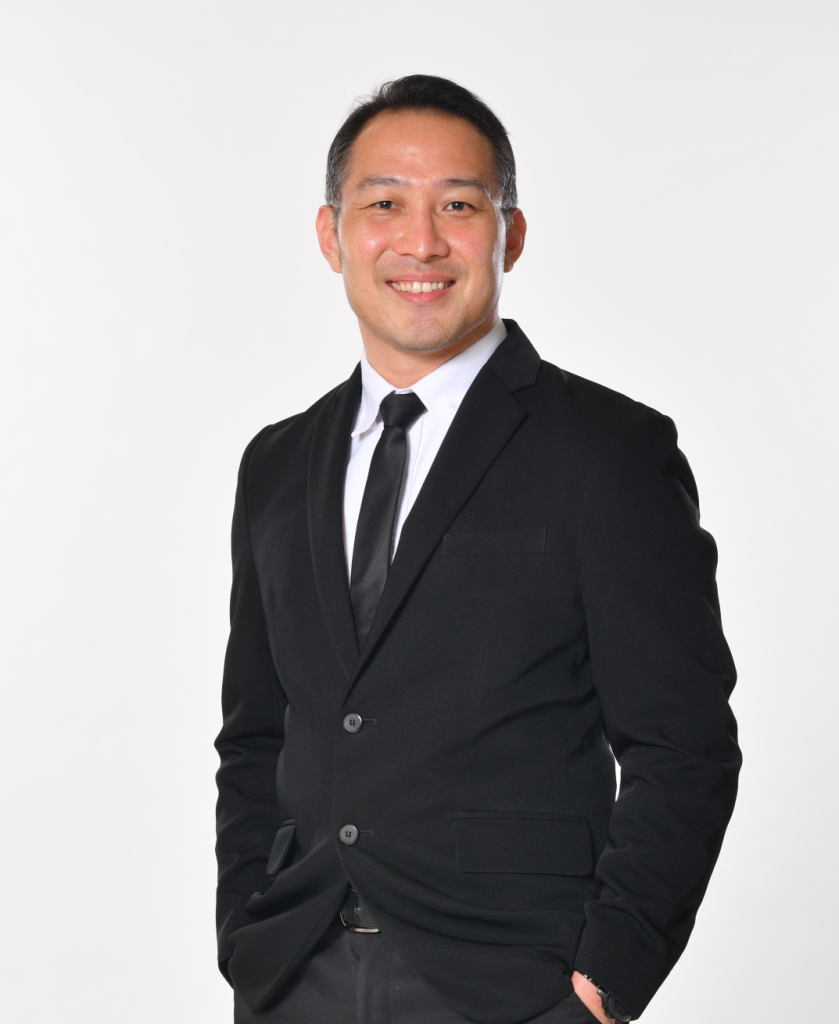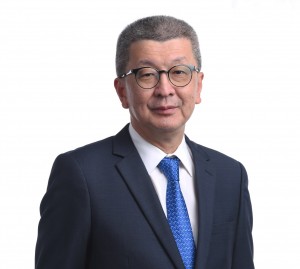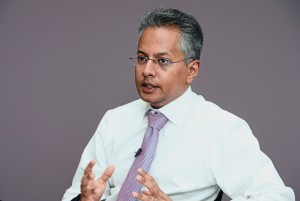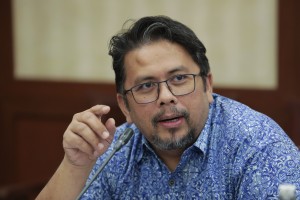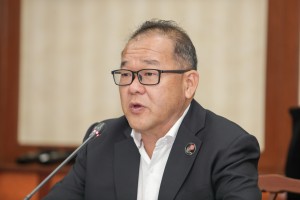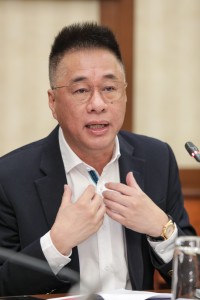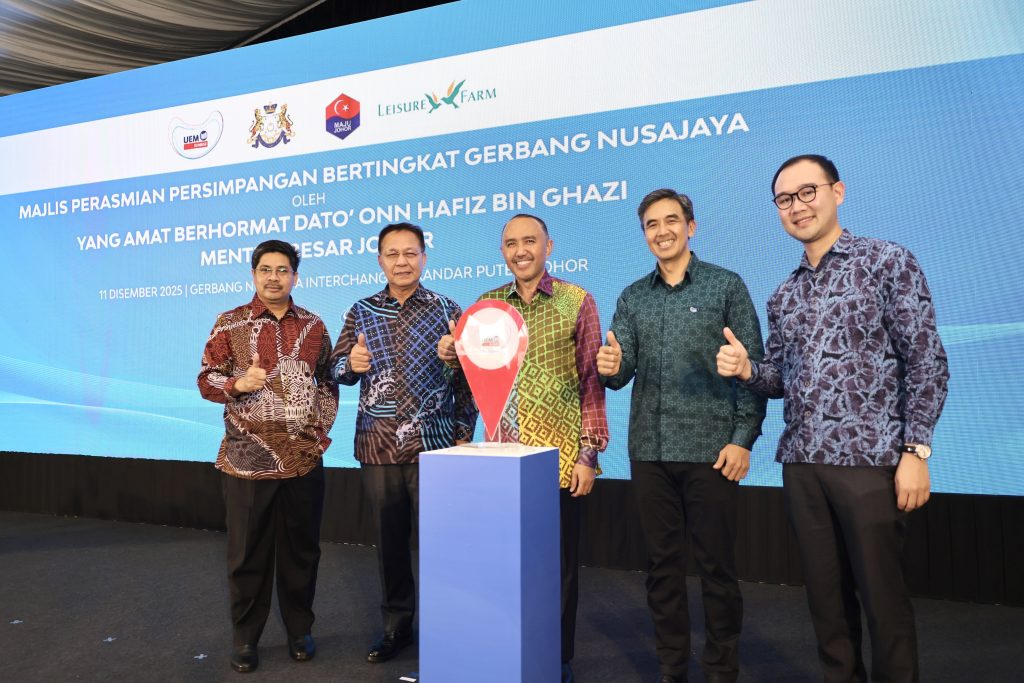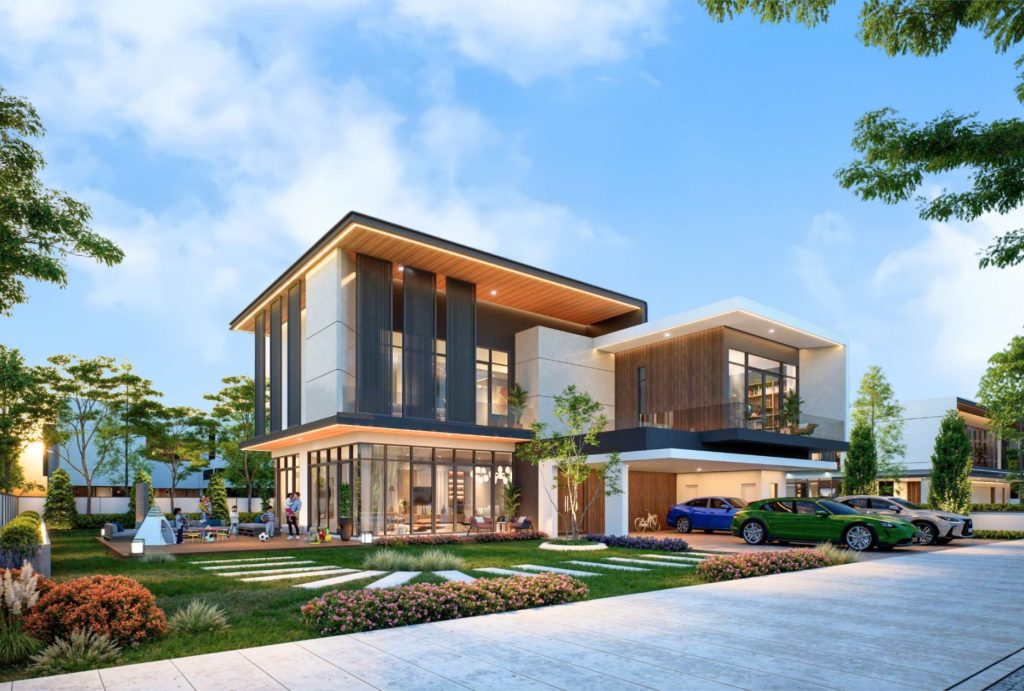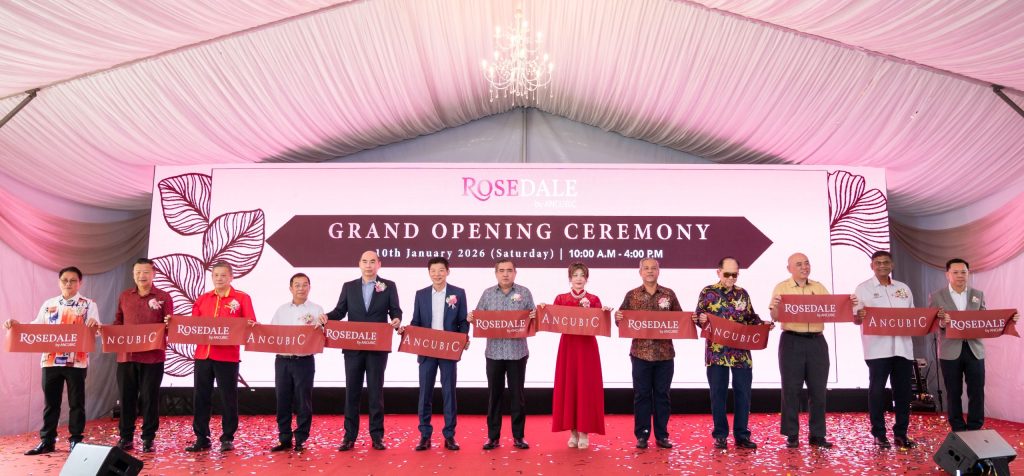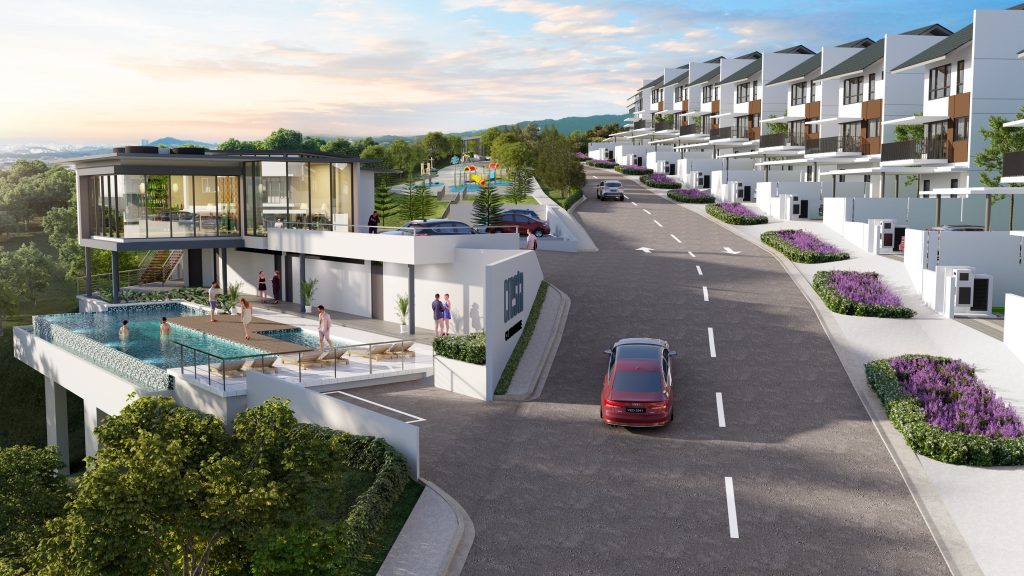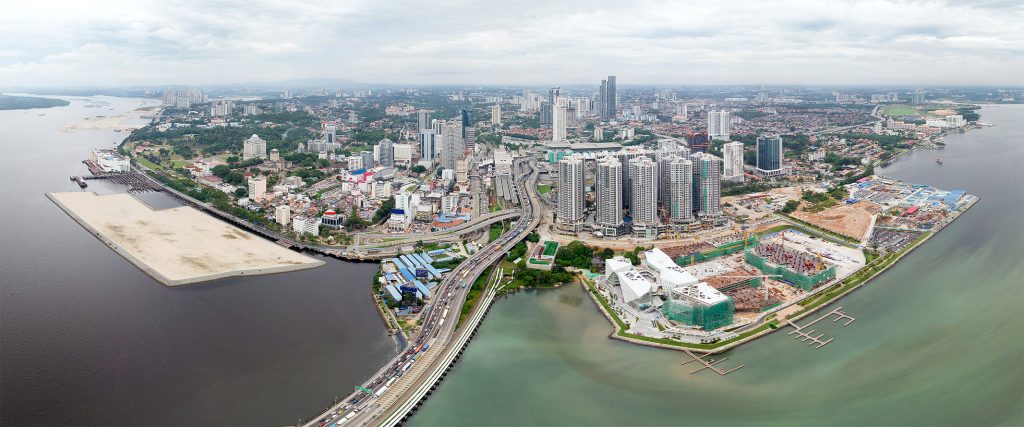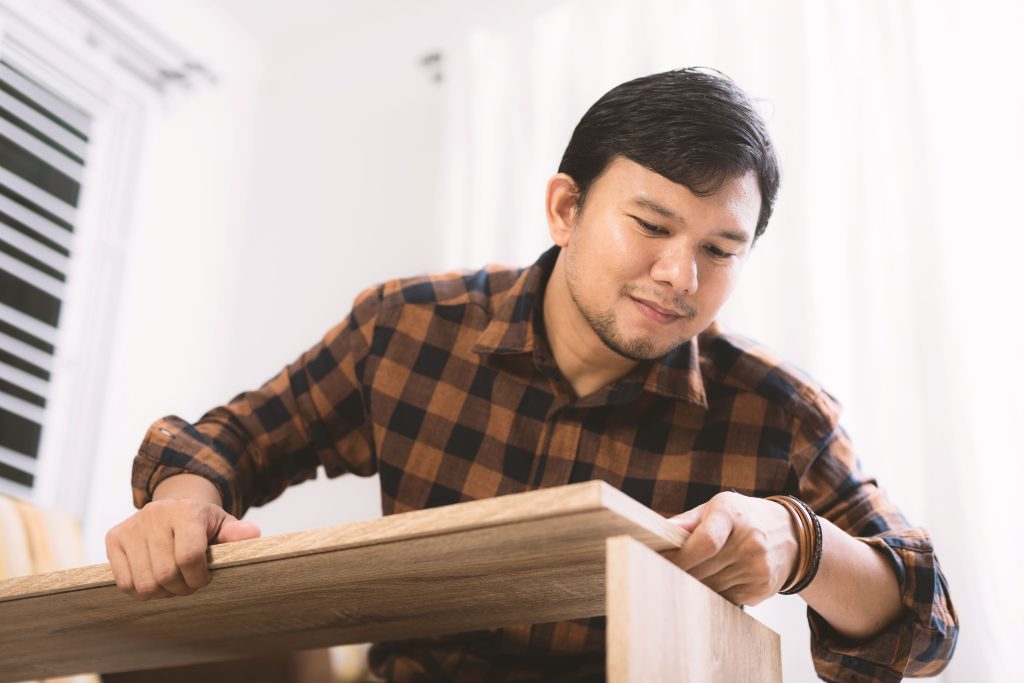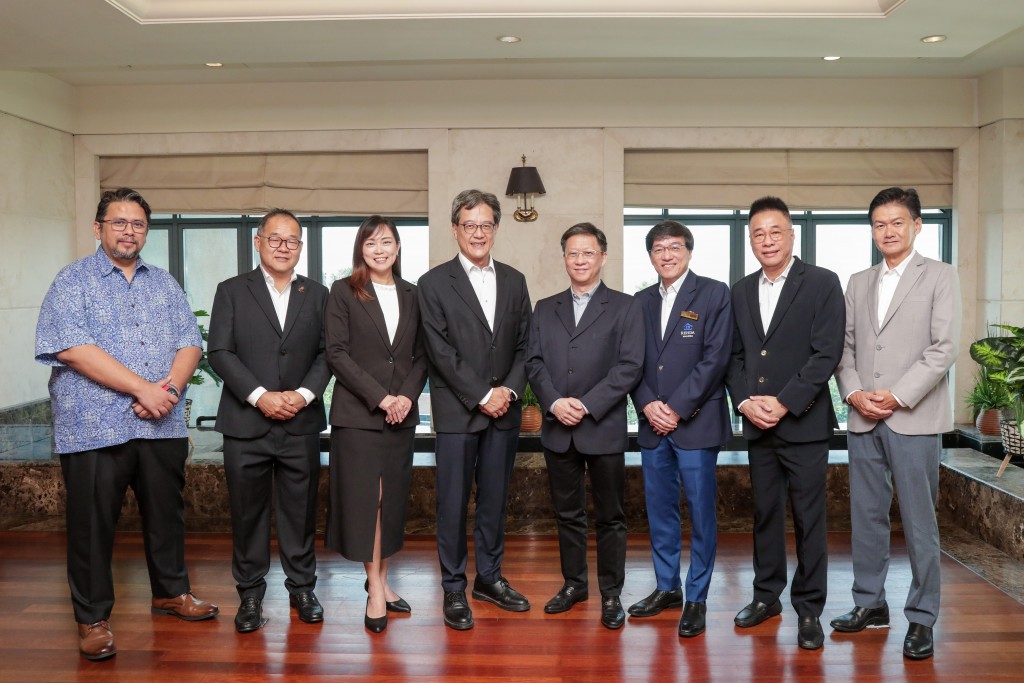
(From left) UEM Sunrise chief executive officer Sufian Abdullah, Sarawak Housing and Real Estate Developers’ Association (Sheda) deputy president Louis Ting, Gamuda Land chief operating officer Wong Siew Lee, Real Estate and Housing Developers’ Association (Rehda) immediate past president Datuk NK Tong, Star Media Group group chief executive officer Chan Seng Fatt, Real Estate and Housing Developers’ Association (Rehda) president Datuk Ho Hon Sang, Sabah Housing and Real Estate Developers Association (Shareda) president Datuk Chua Soon Peng and Land & General Group managing director Low Gay Teck posed for a group picture at the Roundtable. — YAP CHEE HONG/The Star
StarProperty Budget Roundtable 2025 sparks new ideas to push the industry to the next level
By Yip Wai Fong
Although invited to the StarProperty Budget Roundtable 2025 ostensibly to present their wishlist and concerns, developers used the occasion to discuss homebuyer affordability and strategies to move the industry forward in the digital and ESG era.
Homebuyer affordability was a key concern and dominated discussions, spilling into other Roundtable agendas (see our coverage on other pages). A wide range of suggestions spanning multiple sectors was brought up, including the proposal for the Employees Provident Fund (EPF) to act as an end-financier for first-time homebuyers and for banks to create special loan portfolios to finance affordable home purchases.
One developer proposed that grants be provided for the purchase of affordable housing, funded by levies paid to authorities by developers applying to release unsold Bumiputera quota units. Estimated to generate between RM12mil and RM15mil annually, the developer suggested that the levy be redirected to homebuyers struggling to afford the down payment for affordable homes. The question raised was whether the Federal Government should impose this policy on state governments, who collect the levy or allow them to decide how to allocate the funds.
Alternatively, UEM Sunrise Bhd chief executive officer Sufian Abdullah suggested that the government reconsider the current taxation regime. Rather than developers funding affordable housing by cross-subsidising from open-market housing units, a portion of the tax collected from the property sector could be directed towards affordable housing development, possibly through a national trust fund established for this purpose.
Sufian also emphasised the potential of ESG investment, proposing that affordable housing could become a viable investment class for ESG funds, as seen in countries like Australia. He further suggested that, for retirees unable to secure home mortgages due to their age, the EPF could allow a portion of their savings to be used for home purchases upon retirement.
Data for clearer decision-making
Developers agreed that data should play a more prominent role in industry decision-making. Real Estate and Housing Developers' Association (Rehda) president Datuk Ho Hon Sang highlighted that one of Rehda's top priorities is for the government to conduct a comprehensive study on affordable housing supply and demand and share the findings with the industry. Instead of adhering to policy mandates on the number of homes to build, there needs to be clarity on the target market.
In times of rapidly escalating costs, developers emphasised the importance of cost certainty, which is difficult to achieve without access to up-to-date data on material costs. Accurate cost projections are especially important for developers bidding on public works projects. Cost certainty could also promote greater adoption of Building Information Modelling (BIM), as it would help improve accuracy in material procurement and quantification—two types of information required by BIM in its representation of building projects. Both Sufian and Sabah Housing and Real Estate Developers Association (Shareda) President Datuk Chua Soon Peng agreed that the Construction Industry Development Board (CIDB), as the lead agency overseeing the industry, would be best positioned to provide regular updates on material costs, using levies collected from developers.
Innovating construction methods
To elevate the industry, research and development (R&D) on modern construction methods - beyond Industrialised Building System (IBS) precast - is necessary. The R&D should focus on innovations that enhance construction speed, quality and flexibility of material used under local conditions. Sufian noted that if the industry adopts IBS, it should be done with a broader perspective that includes homebuyer acceptance. When both homebuyers and developers see proof of its benefits, demand for IBS will naturally grow, along with the corresponding supply chain. Speaking to StarProperty after the event, Sufian expressed hope that CIDB would take the lead in R&D efforts, in collaboration with other industry players.
While the issues of affordable housing provision and rising material prices are not new, the Roundtable continues to serve as a platform where developers tackle these challenges with vigour. From affordability to new methods and technologies, developers remain committed to considering homebuyer preferences, readiness and acceptance. At the Roundtable, they affirmed that the industry’s long-term interests - intertwined with those of its many stakeholders - are aimed at ensuring the property ecosystem remains resilient, affordable and sustainable for the nation.
Box Article: Assisting homebuyers, uplifting industry, promoting ESG and enhancing growth generation
The wishlist gathered by StarProperty for the Budget 2025 Roundtable covers various themes and concerns. Some persistent issues — mainly housing affordability and compliance costs — were thoroughly discussed during the roundtable. Other topics, such as technological integration, environmental stewardship and sustainable growth, while not as pressing, reflect the industry's exposure to global agendas, which are increasingly shaping Malaysia's direction and, by extension, that of the property sector. The roundtable presents key wishlist items on themes poised to have a far-reaching impact on the industry.
Reforming affordable housing
Chee Siew Pin
Chief executive officer
Paramount Property
“We agree with Rehda Institute that affordable housing (priced between RM200,000 and RM500,000) should be differentiated from social and public housing, as each targets different groups in specific localities.
In our view, affordable housing should be built and priced according to location-specific demand and supply. Social and public housing, on the other hand, provides shelter for those unable to afford properties at market prices and should be the responsibility of the government.”
Reintroducing tax deductions for housing loan interest and banks’ collaboration with industry
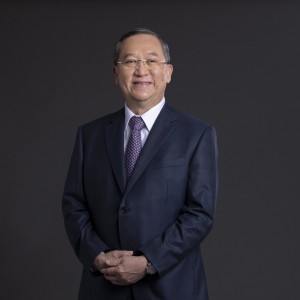
Tan Sri Leong Hoy Kum
Founder and group managing director
Mah Sing Group Bhd
“We hope the government will reintroduce tax deductions for housing loan interest, a policy from 2009-2010. This tax relief, which allowed deductions of up to RM10,000 per year on interest paid for housing loans over three consecutive years, provided significant financial support to first-time homebuyers. Reintroducing this measure would greatly ease the financial burden on new homeowners and encourage more Malaysians to invest in property.”
Datuk Zaini Yusoff
Chief operating officer
SP Setia Bhd
“There should be more collaborations between household banks like Maybank, Alliance Bank, and Affin Bank, and developers to encourage greater investment, especially for first-time homebuyers.”
Future-proofing the industry
Chu Wai Lune
Chief executive officer
Gamuda Land
“With the evolving demands of the construction industry, we urge the government to prioritise initiatives that foster workforce upskilling in Artificial Intelligence (AI), robotics and advanced construction technologies such as Digital IBS. By transitioning traditional roles into those of cloud architects, data engineers and software specialists, we can lead the industry in adopting innovative practices. This will not only enhance productivity and sustainability but also ensure Malaysia's global competitiveness.”
Tan Sri Lim Hock San
Group executive chairman
LBS Bina Group Bhd
“The implementation of AI improves efficiency, safety and productivity while reducing costs and waste. We hope the government will offer more comprehensive AI training programmes to cultivate AI expertise. Financial support such as grants, incentives, and subsidies is equally important. Making AI adoption affordable and accessible will allow all industry players to participate in the AI-driven ecosystem.”
Reforming energy distribution for renewable energy
Datuk Seri Azmir Merican
Group managing director
Sime Darby Property Bhd
“We ask the government to modernise the residential grid network to accommodate higher levels of distributed solar energy and enhance grid stability without imposing additional requirements on developers.
Modernisation should also allow solar PV developers to venture into a Renewable Energy Exchange (RE Exchange) as a single buyer to manage the solar energy exchange. Developers with multiple solar farms could streamline renewable energy integration and distribution.
Additionally, liberalising Malaysia’s power sector to allow third-party access will enable data centres to be powered by sustainable energy sources such as solar.”
Stimulating foreign investment
Sufian Abdullah
Chief executive officer
UEM Sunrise Bhd
“To attract international investment and eliminate regional disparities, we propose a standardised foreign property purchase threshold of RM750,000 nationwide. This uniform threshold will create a more consistent and appealing investment climate for foreign purchasers. Alternatively, we suggest allowing lower property purchase thresholds for Asean citizens or Asean PR permit holders.
“We also advocate for budget allocation and special policies to stimulate growth in the Iskandar Malaysia region. Providing targeted fiscal incentives by leveraging Johor’s strategic location, especially near the Malaysia-Singapore Second Link, could support economic growth, attract investment, and enhance commercial activities in the region.”
Resolving fundamental issues in East Malaysia
Louis Ting
Deputy president
Sarawak Housing and Real Estate Developers’ Association (Sheda)
“The main issue in Sarawak is still affordability. People are not earning enough to afford housing. What we really need is improved infrastructure, connectivity, and efforts to attract tourists and investors. More manufacturing businesses should be established to offer better employment opportunities and higher incomes, allowing us to retain local talent or bring back those who have left for the Peninsular or overseas. The Federal Government has allocated funds, but the state's size means they are insufficient. The only way forward is to generate better incomes, attract foreign investments and boost tourism, but we need the infrastructure and facilities to be connected.”
Datuk Chua Soon Peng
President
Sabah Housing and Real Estate Developers Association (Shareda)
“In Sabah, we have many squatters. We need social housing to provide shelter, regardless of whether the residents are legal or illegal. Some of the illegal residents have been here for three generations. We should provide social housing for them, especially as they are tapping into electricity and water supplies illegally. Additionally, we need more Federal funds to address the issues of water and electricity shortages, with wastage of up to 50% due to illegal tapping. Enforcement has not been effective, and our quality of water has suffered as a result. Our people are paying the price.”
Stay ahead of the crowd and enjoy fresh insights on real estate, property development, and lifestyle trends when you subscribe to our newsletter and follow us on social media.

